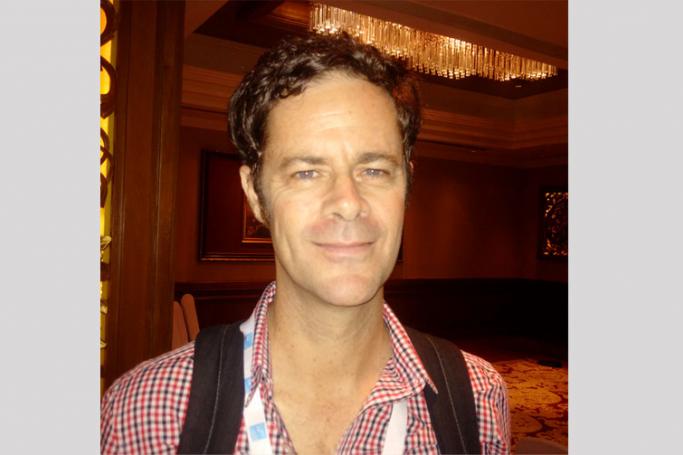Burmese filmmakers, supported by those from Southeast Asian countries, on Saturday pitched for 'classification, rather than censorship' in the days ahead.
Joining a debate on film censorship in Myanmar and rest of Southeast Asia on the sidelines of the Memory! Festival 2017, they said that when the 1996 Motion Picture Law is replaced by a new law now in the drafting process, it should have 'very moderate censorship' to control extreme cases of religious incitement, hate speech and obscenity.
"We have high hopes because our lawmaker Phyu Phyu Tin who provides leadership to the drafting of the new law is a liberal. We hope the new law will reflect the spirit of emerging democracy in Myanmar,” said film maker Shin Daewe.
She said the 1996 law is “outdated and anachronistic”.
"We want a transparent classification system, not censorship that belongs to a world gone by and is unsuited to our times marked by liberalisation and globalisation," Shin Daewe, maker of 'Take Me Home' and 'Now I Am Thirteen', told Mizzima, much as she said during the debate at Sule Shangrila Hotel.
Film critic and festival director Thu Thu Shein said the composition of the Censor Board is important. "If it is filled with too many retired bureaucrats, you will have awful censorship because these people are unable to understand the spirit of our times."
"We need more liberal young people preferably from the film industry in such boards. I am not calling for complete abolition of censorship but arguing for discreet use in extreme cases only."
American film studies professor Paul Grant said political repression, a feature of the Southeast Asian landscape , sometimes produces great cinema.
"I should not say there should be political repression for the sake of producing good cinema, but I am afraid that is often the case," said Paul Grant, while conducting the debate.
Malaysian filmmaker Saw Tion Guang supported the 'classification, not censorship' approach and said Myanmar government should, like in Malaysia, consider softening the censorship regime through legal and administrative changes.
Singapore film maker Tan Pin Pin, whose films have faced huge throttling back home, said the bogey of national security used in her country to stifle creative film making should not be used in Myanmar.
“That is a real danger, especially in the current volatile situation but I would only say Myanmar may follow Singapore when it comes to business and technology but not when it comes to democracy and freedom,” she said.
Indonesian film critic Mansur Zikri and Filipino professor Patrick Campos warned against religious fundamentalism enforced and market driven censorship that, they said, have replaced politics-driven censorship in their countries.
But both expressed hope that Myanmar 's current leadership would promote free speech, aid creativity in film making and soften censorship.
You are viewing the old site.
Please update your bookmark to https://eng.mizzima.com.
Mizzima Weekly Magazine Issue...
14 December 2023
Spring Revolution Daily News f...
13 December 2023
New UK Burma sanctions welcome...
13 December 2023
Spring Revolution Daily News f...
12 December 2023
Spring Revolution Daily News f...
11 December 2023
Spring Revolution Daily News f...
08 December 2023
Spring Revolution Daily News f...
07 December 2023
Diaspora journalists increasin...
07 December 2023
Landslides kill 12 as monsoon batters refugee camps












